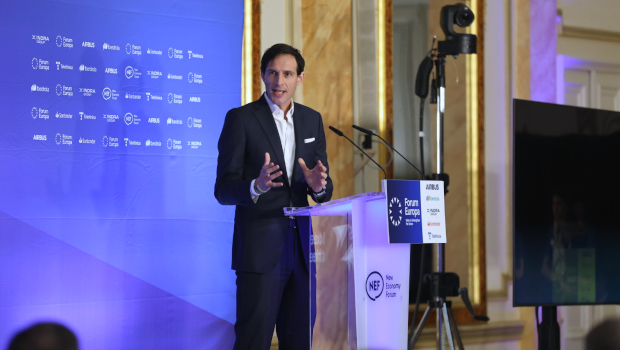At the Fórum Europa in Brussels on Tuesday, commissioner for Climate, Net Zero Emissions and Clean Growth, Wopke Hoekstra, advocated for a "Marshall Plan for Energy" in the EU, with a boost to renewable and nuclear electrification, more electrical interconnections between EU countries, and an increase in battery storage capacity.
Hoekstra commented at the aforementioned information forum, organized by Nueva Economía Fórum in Brussels, that the EU needs an "Energy Union" similar to the Marshall Plan, referring to the multi-million-dollar aid provided by the United States to Western Europe for the reconstruction of devastated countries after World War II.
"If we want to achieve a higher level of competitiveness and independence, it really makes sense to invest much more in electrification”, he stated, referring to renewables and nuclear energy to redistribute energy through the electricity grids.
Furthermore, he considered electrification in industrial processes "fundamental" to reducing dependence on fossil fuels (oil, gas, and coal) and noted that it is "key" to decarbonization in sectors such as steel, the chemical industry, and manufacturing.
“In combination with renewable energy and increased grid capacity, electrification enables a cleaner and more sustainable industrial base capable of competing globally”, he asserted.
To this end, he advocated for “many more investments” of “billions more” in the EU and EU member states, both from individual states and private companies, to strengthen the infrastructure that transports electricity.
In this regard, he indicated that there is a “huge” business niche in this field and an opportunity to create jobs. He also advocated for increasing electrical interconnections between “all” EU countries as the foundation of the Energy Union.Hoekstra pointed out an example: “This may sound counterintuitive, but it's actually very interesting: I was recently at a paper mill in the south of the Netherlands. What the owner explained to me is that some days he makes more money by feeding electricity back into the grid than he does by producing paper. It's interesting when you think about it. There's an alternative business model”.
“I couldn't help but ask the head of the power company what would happen if we did this on a large scale. He replied that it's actually very easy: it would only take about 15 companies, which we easily have available. It would take less than two or three years to ensure all those companies are capable of doing the same thing in the Netherlands, but this could be replicated across Europe”, he added.
Finally, Hoekstra emphasized that the EU must increase battery storage capacity. “We need to make sure we have the resources, renewables and nuclear. We need to ensure we have the electricity grid, but we also need to have storage capacity. This is hugely important, a huge challenge, and it will be the final piece to make all of this work”.
All in all, Hoekstra concluded: “I'm optimistic about it. I think we can achieve all of this. We're in a very difficult situation geopolitically, and some would say economically as well, but we can shape this part of the future, and we will”.












